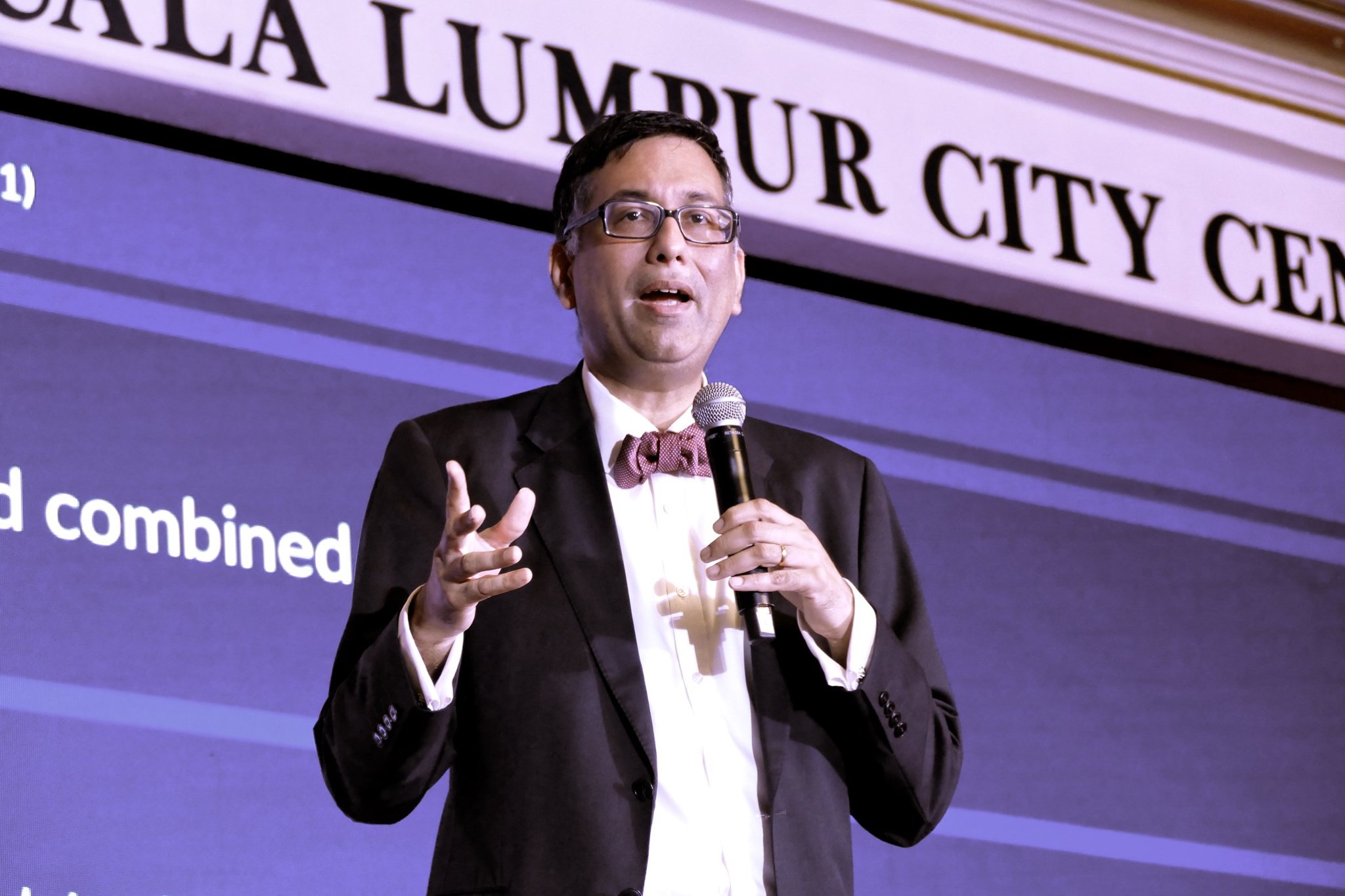KUALA LUMPUR, Jan 11 – The Covid-19 pandemic enabled a practically “overnight” temporary revamp of health care financing in Malaysia, amid insufficient budgets for an increasingly burdened public health care system.
Association of Private Hospitals Malaysia (APHM) president Dr Kuljit Singh described the reimbursement structure for decanted non-Covid patients from the public to private sector during the pandemic as a “fruitful” way to encourage public-private partnerships (PPPs), rather than forcing private health care providers to provide services at minimal costs to the patient, such as public hospitals’ funding model.
In general, health care services provided at public hospitals are hugely subsidised by the government by up to 98 per cent.
Health care spending in Malaysia was slightly higher in the public sector at 55 per cent in 2020 compared to 45 per cent in the private sector, according to MOH’s National Health Accounts Steering Committee.
However, Malaysia’s dual health care system is lopsided, as medical specialist expertise is concentrated in the private sector, even though more patients are seen in the public sector.
“Covid gave us a very good study. The PPP, particularly private hospitals assisting the government, actually worked out very well and I don’t think it was difficult because the reimbursement structure that the government decided in order for private hospitals to pick up decanted patients was actually a very fruitful methodology.
“There were no discussions, no seminars, no workshops. It was just an overnight decision made by the Health secretary-general and director-general and the very next thing, they started decanting the patients, even without a contract, and it went very well,” Dr Kuljit said at the Malaysian Medical Association’s (MMA) “Healthcare Reform: Healthier Futures for Malaysia” forum held in hybrid format on Saturday.
ProtectHealth Corporation, a wholly-owned entity under MOH that manages private medical practitioners in the National Covid-19 Immunisation Programme (PICK), administered nearly half of total coronavirus vaccine doses administered as of January 9, equivalent to 29.4 million jabs.
Private hospitals have also accepted thousands of decanted non-Covid patients to make room for Covid treatment at public health facilities.
“Of course, now we have stopped for a while because Covid cases are slowing down a bit but definitely, that would be the way forward – buying services from the private sector,” Dr Kuljit said.
In the Klang Valley, for example, Dr Kuljit said while public hospitals have more beds, private hospitals have more machines such as magnetic resonance imaging (MRI) scanners than what the government has.
This allows private hospitals to have more slots for computerised tomography (CT) scans, MRI, and surgical slots, he said.
“So it’s a lot more useful for the government to just buy services [from the private sector] in the future based on a system.
“Let’s say there are 20 patients due for surgery, and the government can only do 10 cases that day, the other 10 can be sent to our private hospitals to be operated on and that will cut down the operating time very easily.
“Private hospitals are happy to agree at a reasonable reimbursement rate. Again, it has worked very well for Covid — so it’s not impossible,” Dr Kuljit said.
Dr Rozita Halina Hussein, director of the Ministry of Health’s (MOH) planning division, who attended the forum as a guest alongside former Health director-general Dr Abu Bakar Suleiman, shared that many federal purchases during the pandemic were made possible by the “really intensive situation of backlogs” for non-Covid cases.
“As Dr Kuljit rightly pointed out, that was done in an emergency situation. We certainly want to move forward with that in the future, but it has to be more sustainable, negotiated, with proper monitoring of outcomes, quality, and negotiation of prices and sharing of information and data,” she said.
When asked if she sees ProtectHealth’s role growing in the future, she said it would depend on what the next steps of reforms are.
“This is where, as a society, we as Malaysians, we as stakeholders, really need to sit down because if anything Covid has shown us, our health care system is really at a crossroads.
“Not just the way health care is delivered, also the way health is financed, and we can do so many things far more efficiently. But we need to come together to build some consensus on what would be right for our country and our people, rather than just positioning our own vested interests,” Dr Rozita said.








